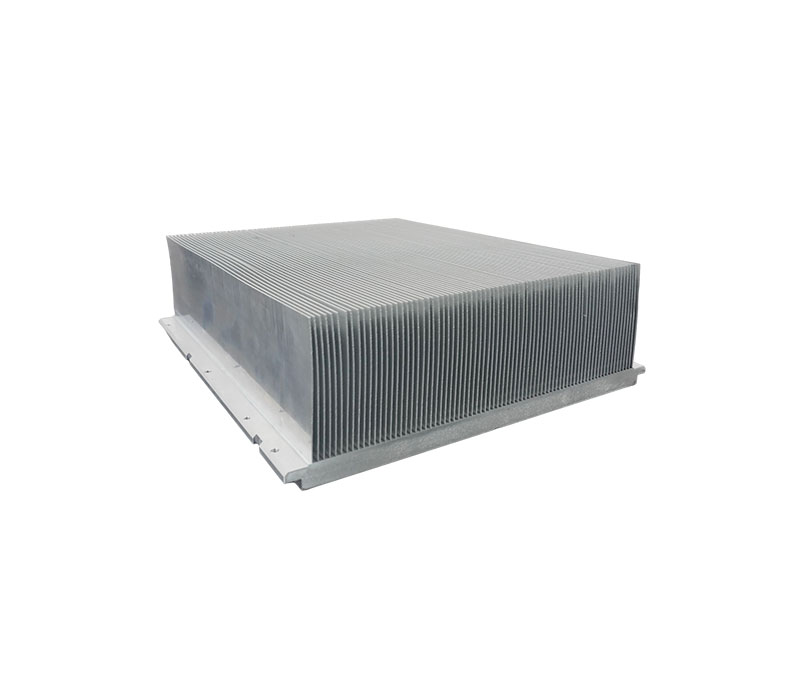Heat pipe heat sink is a relatively effective heat dissipation method, which can effectively carry out the heat generated by the CPU, reduce the CPU temperature, and improve the stability and performance of the computer through the high thermal conductivity of the heat pipe and the radiation heat dissipation of the large area heat sink.
The working principle of a heat pipe radiator is based on the heat transfer principle of a liquid heat pipe. A heat pipe is a type of pipeline filled with working fluid, in which the working fluid inside evaporates into steam at high temperatures and then condenses into a liquid at low temperatures, forming a cycle that achieves efficient heat transfer. Through the connection between the steam chamber fixed on the CPU and the copper condenser, steam is transmitted from the CPU field to the surface of the heat sink, then cooled and turned into liquid, thereby reducing the temperature of the CPU. Heat dissipation fins with thickness and thermal load can significantly improve heat dissipation efficiency.
Compared to traditional fan radiators, the advantages of heat pipe radiators mainly lie in the following two aspects:
1. Higher heat dissipation efficiency: The heat pipe heat sink utilizes the heat transfer principle of the heat pipe and a larger heat dissipation area to quickly transfer the heat generated by the CPU to the air. Therefore, the CPU can maintain a lower temperature, thereby improving the stability and performance of the computer.

2. Lower noise: The volume of heat pipe heat sinks is usually lower than that of fan heat sinks because they have fewer mechanical moving parts. At the same time, heat pipe heat sinks use large fans to transfer CPU heat to the entire heat sink, thereby reducing fan noise.
However, to achieve good heat dissipation, it is necessary to ensure correct installation and usage conditions. For example, for larger heat pipe heat sinks, if your computer chassis is too small, they may not fit properly, which will reduce their cooling efficiency. Similarly, if your CPU generates too much heat, even a more effective heat sink cannot lower the CPU's temperature.
In short, heat pipe heat sinks can greatly reduce CPU temperature, thereby improving computer performance and stability. Although it has its advantages and disadvantages, if you need a more effective and quiet cooling system, a heat pipe radiator is still necessary.